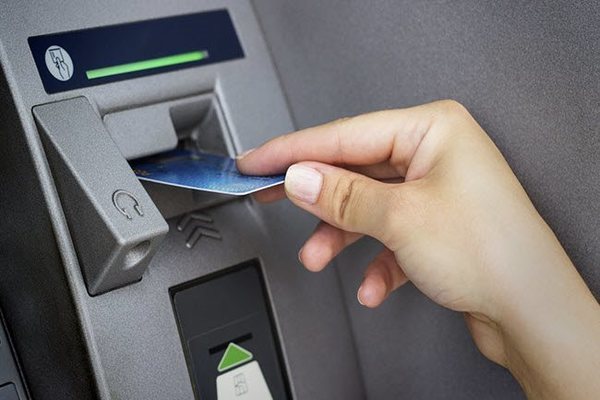 |
BIDV sent a notice to its customers, indicating that swindlers are posing as bank staff to trick clients.
Together with the rapid growth of social networks, the number of scams taking place on websites by hi-tech fraudsters is rising rapidly, BIDV said.
These scammers take advantage of images of BIDV’s conferences and its logo and pretend to be bank staff members when contacting bank customers through Zalo or Facebook. They offer loans of less than VND100 million to customers and ask them to submit an amount of VND1-2 million as a “risk fee” to accept the money.
According to the bank, customers should be cautious when dealing with strangers who contact them to discuss services offered by the bank or information related to their bank accounts.
A representative of Nam A Bank stated that Vietnam has reported many cases of fraud at banks.
Recently, a group of hackers took advantage of loopholes on the websites of payment-intermediary firms to steal money, and many bank clients suddenly lost money from their accounts despite not performing any transactions or shopping, the representative remarked.
The representative cited statistics from the Vietnam Cyber Security Center at the Ministry of Information and Communications, pointing out that information systems in the country faced over 10,220 cyber attacks last year.
According to the Ministry of Public Security, during the year up to June, thousands of computers were infected with malware and over 2,500 national websites were attacked by hackers.
Vietcombank had earlier sent a warning by email to its customers, highlighting common tricks used by fraudsters. According to the bank, criminals contact bank account holders, posing as bank employees, and ask these customers to verify their information to upgrade their services.
As for those using e-wallets, swindlers may pretend to be employees of e-wallet service providers and trick bank customers into providing information linked to their bank accounts.
Fraudsters even pose as police officers or officials working in courts or procuracies and tell customers they are suspected of involvement in money laundering or drug trafficking before demanding their personal information or bank account details.
There are many fake websites posing as banks’ official websites or international money transfer channels, aiming to trick bank customers and steal their private information and transaction passwords, according to Agribank. SGT
 Some local banks, including Bank for Investment and Development of Vietnam (BIDV), Nam A Bank and Agribank, have warned their customers to be wary of hi-tech fraudsters, Nguoi Lao Dong newspaper reported.
Some local banks, including Bank for Investment and Development of Vietnam (BIDV), Nam A Bank and Agribank, have warned their customers to be wary of hi-tech fraudsters, Nguoi Lao Dong newspaper reported.